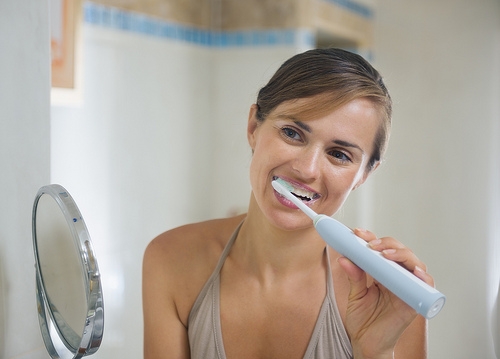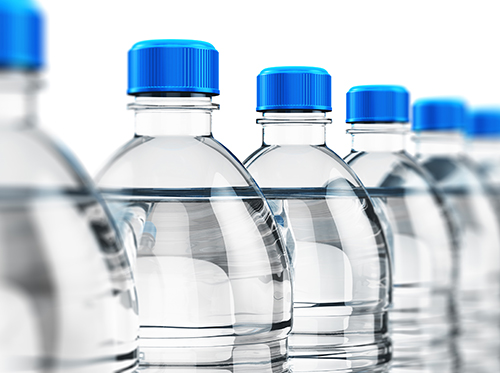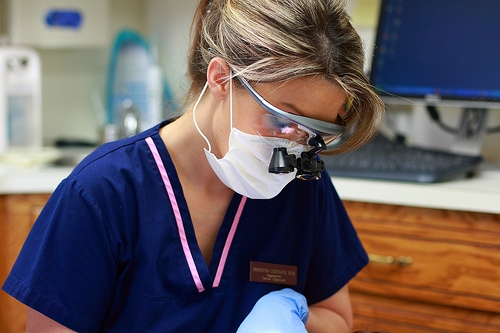Electric Toothbrush: How do you choose?
June 26th, 2024

Since the introduction of the power toothbrush in the 1960s, this tool has undergone many technological advances, from design and bristle motions to rotation oscillation and sonic vibration.
What is rotation oscillation? That’s when the head of the toothbrush alternately rotates in one direction and then the other. Power toothbrushes can deliver up to 50,000 strokes per minute, which is much more effective than the average 300 strokes per minute with a manual toothbrush.
A smaller brush head is available for hard-to-reach areas, which is a good alternative for small mouths. The brush heads are replaceable and should be changed every three to six months. Each family member should have his or her own brush head while sharing the base motor. What a great deal! Check the handle size. A large handle is better for members of the household with arthritis, children, or family with other physical disabilities.
A rechargeable toothbrush is ideal. It should deliver enough power on a full charge for one week of brushing.
We recommend you brush for a minimum of two minutes. Some electric toothbrushes include a signal you can hear, such as a beep every 30 seconds, to indicate it's time to switch to a different area of the mouth. Others sound an alert after the full two minutes has elapsed.
Will an electric toothbrush harm the teeth or gums? Studies indicate that people tend to apply more damaging pressure to their teeth and gums during manual brushing than when they use an electric toothbrush. If you experience tooth sensitivity, choose a model with pressure sensors that stop the toothbrush any time you press too hard.
Who would benefit from an electric toothbrush? Everyone! Consumers with a physical disability may have specific needs that power toothbrushes can address. Children also tend to maintain better oral health hygiene when they use an automatic toothbrush. Plus, many of them find it fun to brush!
Automatic toothbrushes really do remove debris better than the old-fashioned way. You may have heard the term “biofilm.” Better known as plaque when it occurs in the mouth, biofilm is the debris and bacteria that cause infections to your teeth. It regenerates quickly, so healthy habits are the best defense for a healthier you! With a healthier mouth, you face a lower risk of gum disease and other conditions like heart disease: mouth health has been linked to heart health.
When you're ready to make your decisions, be a wise comparison shopper. Consult with Dr. Maryam Azadpur at Simsbury Pediatric & Adolescent Dentistry to decide what is best for you!







